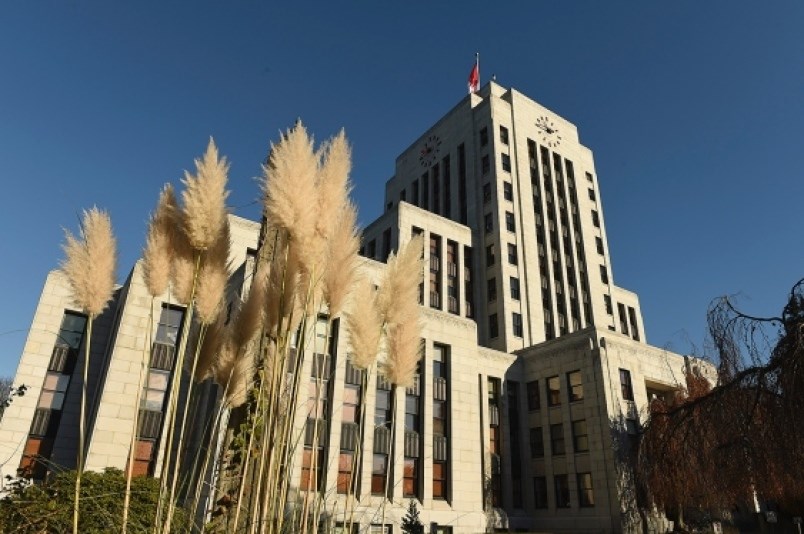NPA city councillor George Affleck says he wasn’t shocked by the BC information and privacy commission’s damning report on Vancouver city hall because it only confirms that Vision Vancouver is running “the most opaque government” in city history.
The first freedom of information audit and compliance investigation of a BC municipality, released June 23, slammed city hall for inappropriate delays, failure to meet legislated timelines 16 per cent of the time, missing documentation, incomplete responses and “curt and perfunctory communication with applicants.” Investigators Tanya Allen and Carol Whittome also found evidence that records were deliberately deleted or hidden and that bureaucrats issued deceptive invoices and went overboard with censorship.
“I get the sense that there was meddling happening from the top and that’s not the way it’s supposed to work,” said Coun. George Affleck, blaming Mayor Gregor Robertson. “It should be completely hands-off from politics, and let the staff do their job, do their job properly and be open and transparent. Otherwise, you have the perception that you’re hiding something.”
In the report, Commissioner Elizabeth Denham called for immediate improvement and a cultural shift. She concluded that a public body “should not act as a gatekeeper of records but instead should be a conduit for providing applicants with the information they are entitled to” under the Freedom of Information and Protection of Privacy Act.
Evidence showed that “certain city staff treated emails and other records as transitory even when they were not and subsequently deleted records.” In January 2015, the Office of the Information and Privacy Commissioner (OIPC) confirmed that Mike Magee, who was Robertson’s chief of staff until May, mass-deleted his city email and had used his personal company email account to conduct city business.
The report said two ex-city hall employees told OIPC that city staff were directed at least once to rename files in such a way “that records could not be easily located if a search for responsive records was conducted.”
Denham was particularly concerned that city hall had discriminated against journalists. During interviews with OIPC, staff denied they treated reporters differently or had been instructed to do so. “However, OIPC examiners discerned trends when analyzing by applicant type,” the report said.
City hall was nearly four times more likely to fail to meet timelines with media applicants compared to others. Evidence showed city hall applies a higher “strategic risk and complexity rating” to requests made by media applicants, which contravenes the requirement for applicants to be treated equally.
“The use of sensitivity ratings to identify requests made by certain applicants such as media is inconsistent with [the law’s] goals of openness and accountability if it results in delaying access simply because of the kind of requester involved,” Denham wrote. “It is in the public interest to protect the ability of media applicants to identify issues, obtain records and disseminate information in a timely manner.”
Overall, said BC Freedom of Information and Privacy Association director Vince Gogolek, Vancouver city hall exhibited a “we know better” attitude and wilfully ignored the law.
OIPC launched the probe last fall and audited a random sample of 290 City of Vancouver files from 2013 to 2015 plus 162 complaints and other files.
Immediately after the report’s publication, the city hall communications office released a statement that pledged to act on Denham’s 12 recommendations to improve response times, policies, procedures and training, but it gave no schedule. It also vowed to file a progress report with the OIPC by year-end.
Robertson did not respond to an interview request.
–Bob Mackin, Vancouver Courier



